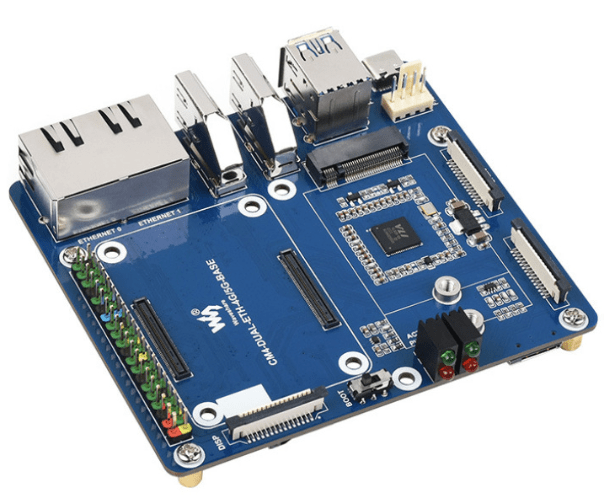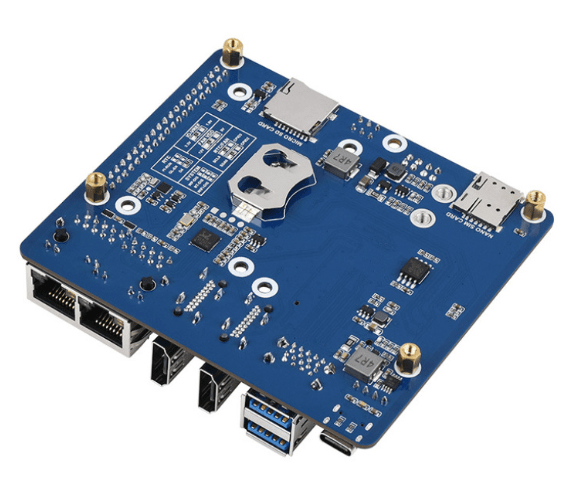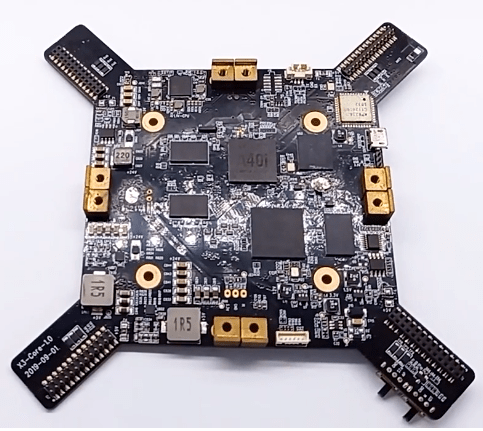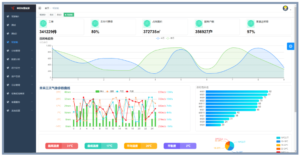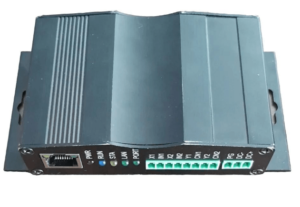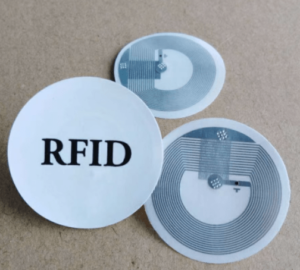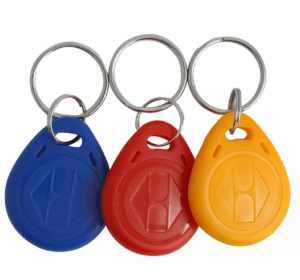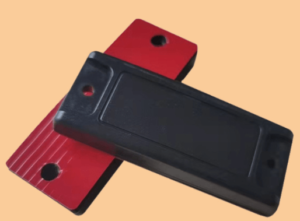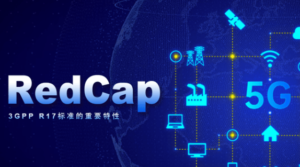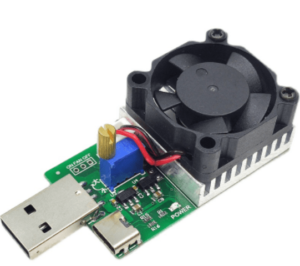Email: anwenqq2690502116@gmail.com
The development of smart cities takes IoT technology as the core
The city of the future will be centered on IoT technology
According to Statista, smart city infrastructure is expected to provide more than 40% of global smart city revenue by 2025, while a recent Markets&Markets report predicts that the global smart city IoT market will grow from $130.6 billion in 2021 to $312.2 billion in 2026.
Raspberry Pi - IOT devices USB3.0 IoT Motherboard - The development of smart cities takes IoT technology as the core
This growth is driven by increasing population size and urbanization, as well as maintaining sustainable and economic growth as cities grow in size, and the rise of digital post-pandemic.
“The pandemic really sparked it,” said David Ly, CEO of smart city technology company Iveda. infrastructure needs to change for the new era of automation."
Raspberry Pi CM4 Dual Gigabit Ethernet Port 5G or 4G Expansion Board Computing Module Core Board - USB3.0 IoT Motherboard
"Advancements in connectivity infrastructure, such as the rollout of broadband, cellular and LPWAN, have played a key role in building the foundation for 'managed' smart city applications," said Eleftheria Kouri, Senior IoT Analyst at Omdia. "Contribution from Technology Vendors It has also facilitated the adoption of smart city technologies. Together with technology and public sector experts, these companies have established a smart city unit to assist cities in addressing challenges and provide better quality of life for tourists and residents.”
Deploy the Internet of Things
To meet the new demands of smart city living, innovators are developing an increasing number of sensors and monitors to optimize and evaluate every aspect of everyday life – from traffic to energy consumption and even public safety. That's where the Internet of Things and artificial intelligence (AI) technologies come in to collect the data needed to inform smart city designs.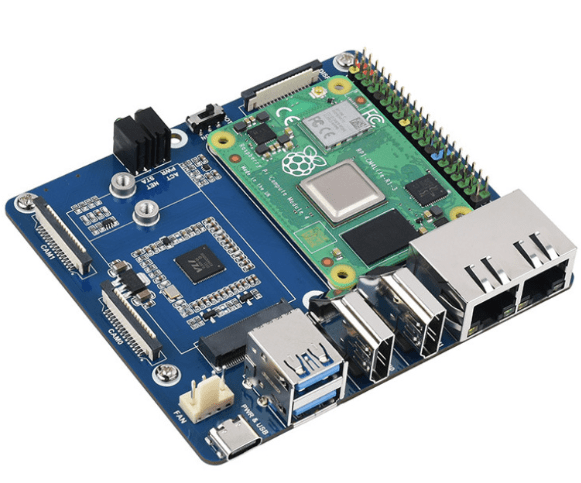
Raspberry Pi USB3.0 IoT Motherboard
“It’s one thing to talk about smart cities. But how do you connect all the dots? How do you automate certain tasks?” Ly said. “It’s almost impossible without data, and that’s critical. It informs everything from when something is needed to how much investment it needs.”
Gathering citywide data may seem like a daunting task, and the governing body will have to tread carefully when it comes to residents' privacy. However, innovators are developing solutions that can glean the latest insights into urban behavior and movement without compromising privacy.
Setting up data collection points may also initially seem problematic if the city is not designed to accommodate the infrastructure. However, companies such as Iveda are developing solutions that can be integrated into existing systems.
"When building a smart city, you have to start somewhere," Ly said. "We have sensors that measure data on temperature, how fast the wind is going - but where do you put them? You don't want to install new stuff, which means more construction, more chaos. We're very focused on utilizing the existing foundation facility."
A prime example of this approach can be seen in Iveda's ongoing work in Taiwan, where the company is deploying its smart city technology into the city's existing light poles. Smart poles are connected to a local network and can communicate with each other to improve safety, asset operations and management. It also acts like a microgrid, powering mission-critical infrastructure when needed.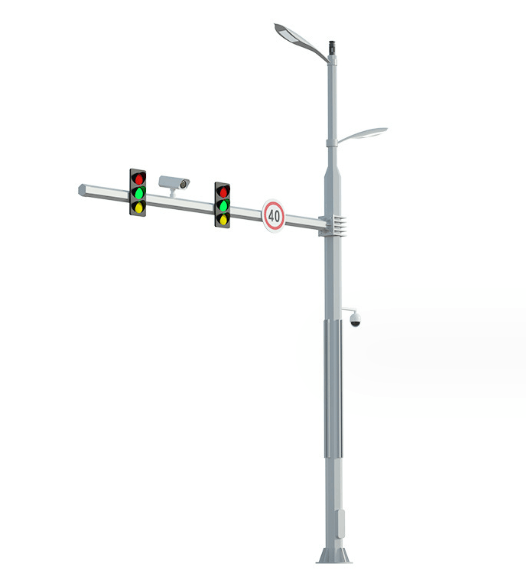
IoT smart cities examples - IoT Smart City Devices
"The foundation of how we grow existing cities is really understanding how to use existing infrastructure," Ly said. "You start with the existing infrastructure, and then you apply these sensors to start understanding the workings of the city and its inhabitants."
"The magic behind this technology is that it's very focused on the infrastructure that everybody understands," he said. "Its implementation is doable. Before we talk about smart buildings, there is a path to further development within cities."
What does the future hold for smart city technology?
According to Ly, an important driver for the adoption of smart city technology is the drive towards sustainability, which he expects to be the focus of the industry.
"True environmental sustainability will require a smart city with proper IoT deployment," Ly said. "That's the next big wave: IoT and sensors that can measure the flow, consumption and distribution of electricity, gas and water.
“IoT and digital transformation, if implemented properly, will be an important part of our sustainable growth globally. Because it will provide the right data to understand how and when to act.”
As cities around the world look to become smarter in terms of energy consumption and environmental monitoring, the deployment of smart meter IoT devices will increase. According to a report by Insider Intelligence, utilities will save $157 billion by 2035 by implementing smart meters, and companies including Cisco Systems, General Electric, IBM, Microsoft, and Schneider Electric are already deploying smart grid solutions to Manage emissions.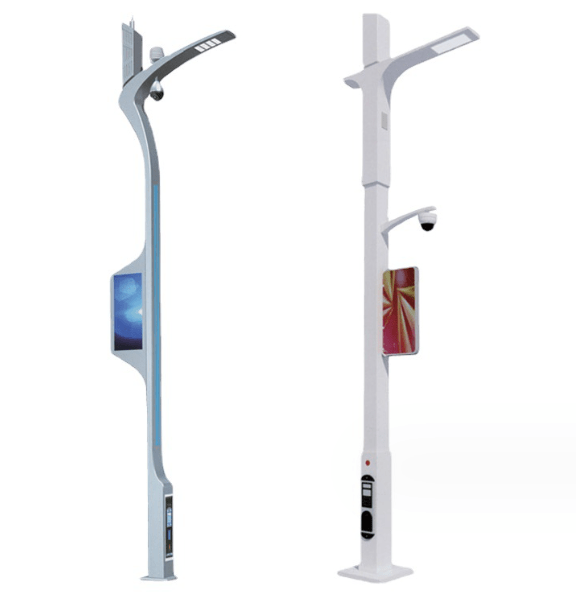
IoT smart city - Smart light pole - 5g urban new rural park road lighting 4 meters led smart street light pole
Beyond environmental drivers, smart cities are also expected to leverage a wider range of technologies to digitize all aspects of urban life.
"In the future, we expect to see technologies such as artificial intelligence, digital twins, blockchain, augmented reality, and cloud computing services play a more important role in smart cities," Kouri said. "Cities (at least the most technologically sophisticated ones) will be looking for technologies that allow them to make better use of the data they collect and become more proactive and preventive."
IoT Lab Equipment - Raspberry Pi Development Kit - Raspberry Pi 4th and 3rd Generations
As data collection becomes more common, the culture and legislation surrounding it will change as operators grapple with issues such as privacy and managing large volumes of data.
"To unleash the true power of data and enable data exchange between different smart city platforms and systems, it is necessary to have a legal framework that ensures data protection," Kouri said. "Cybersecurity and technology vendors need to work with city authorities to agree on who ultimately owns the data and ensure how it will be protected."

